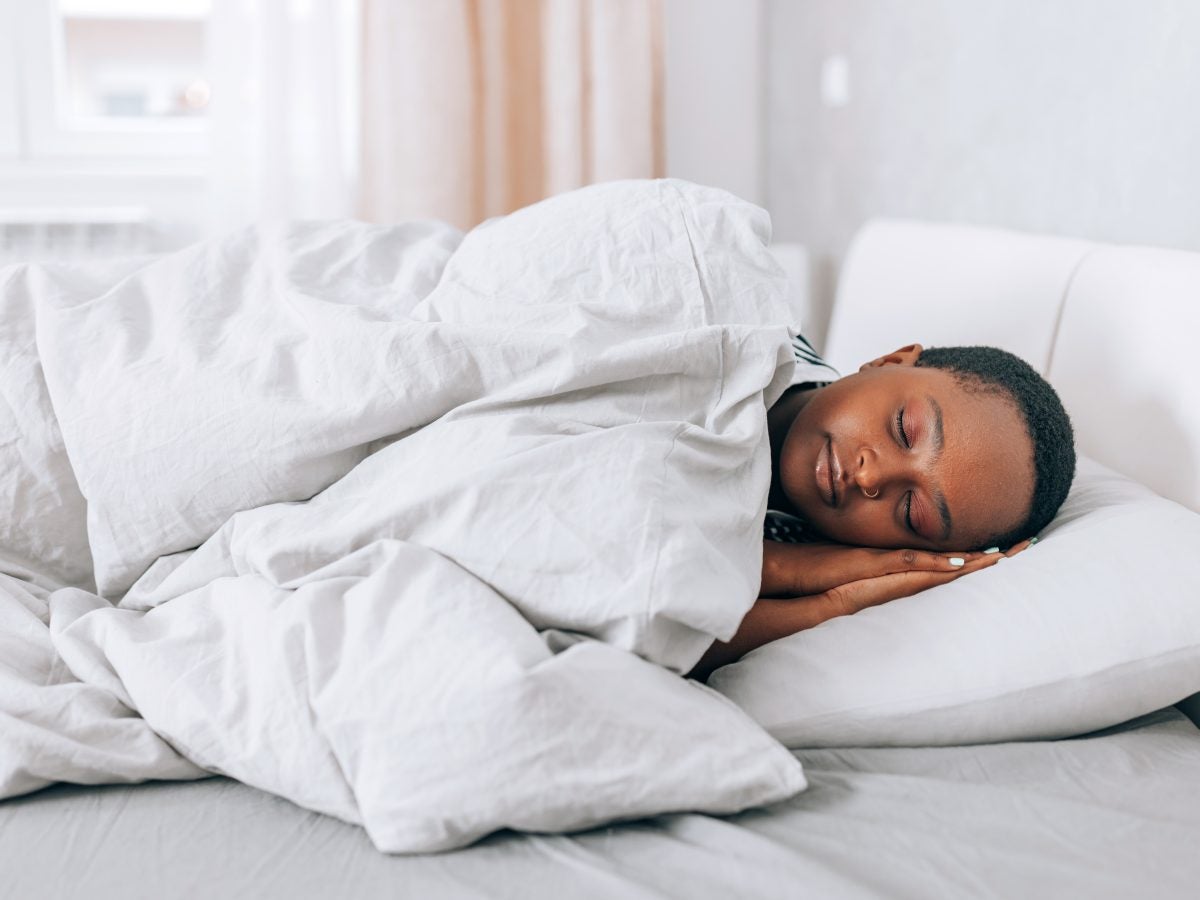
Although we may be outside this summer, achieving quality rest and sleep is still essential. Quality sleep impacts and uplifts our moods and improves our overall body health, limiting the possibility of slow cognitive function, a weakened immune system, and potential long-term health issues like Alzheimer’s disease, stroke, and high blood pressure. But how do you rest in your home, specifically your bedroom? People tend to sleep better when their bedroom is dark, has limited noise, and is generally comfortable (quality mattresses, bedding, and supportive pillows.) Here are several tips to create the ultimate sleep-inducing environment in your bedroom.
Invest in quality bedding, mattress included: Quality sheets, pillows, and mattresses make a difference. If your mattress is over seven years old, consider upgrading it. Memory foam pillows can be helpful, as can ergonomic ones designed to improve posture and neck health.
Purchase Blackout Curtains: Blackout curtains are wonderful and a game-changer for sensitive sleepers. If you invest in quality curtains, you’ll most likely be able to sleep uninterrupted once the sun comes up or unbothered by additional light throughout the day.
Leverage Essential Oils: Essential oils can help calm your mind before bedtime and create a relaxing environment.







Cool down your home, specifically your bedroom: Cool temperatures tend to relax your body and ultimately help you go to sleep. Turn on a light fan air conditioner, or open a window to assist with your night routine. Try setting your bedroom temperature around 65 degrees.
Be strategic about interior design: To help you get the best quality sleep in your bedroom, you should be strategic about how it’s designed. It’s best not to paint your bedroom bright, glaring colors like orange or yellow. Instead, opt for neutral tones.
Keep sounds to a low tone or just mute: When you’re going to sleep, it’s important not to have any distractions in your bedroom. Try to turn off your television, close your laptop, and silence your cell phone.




